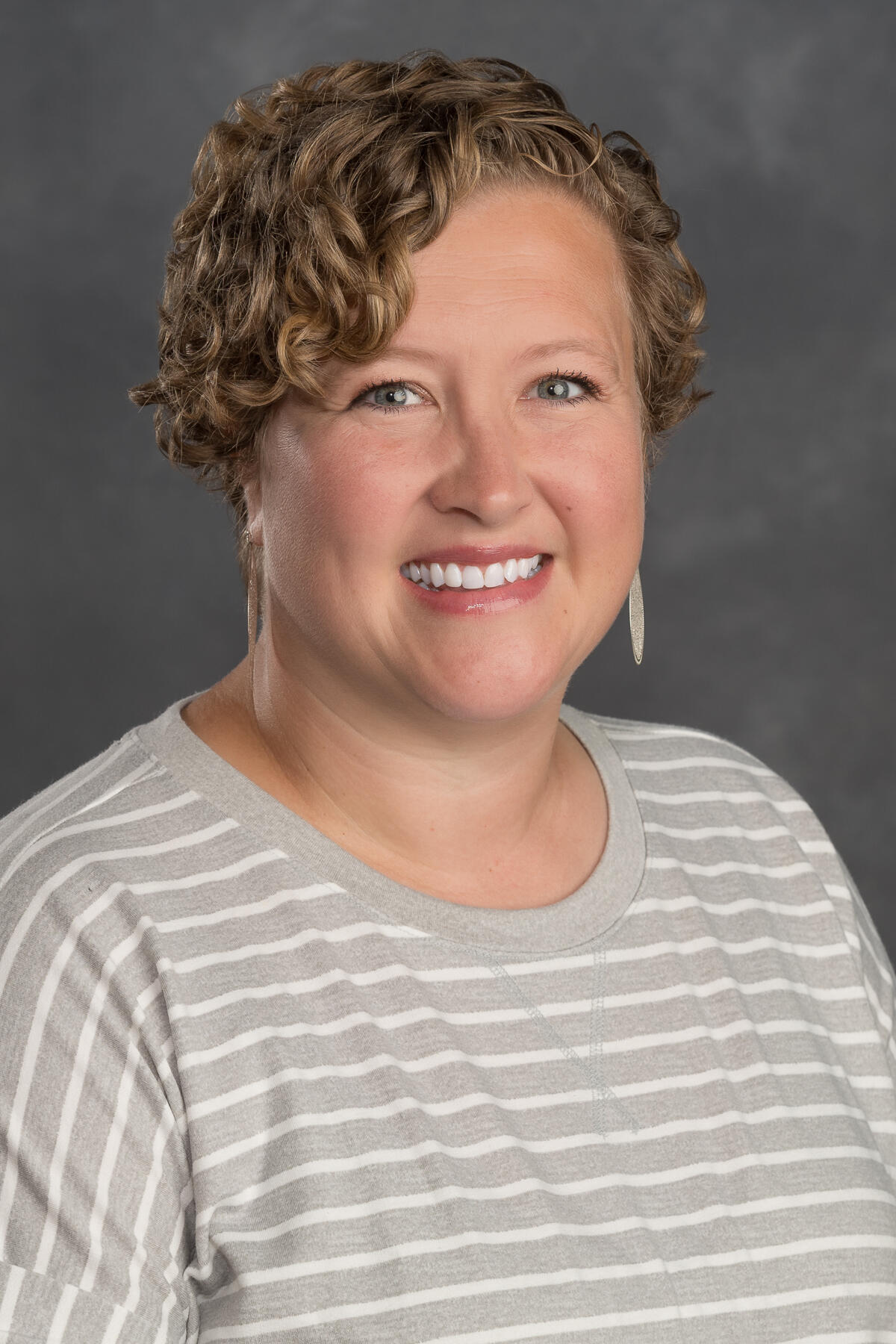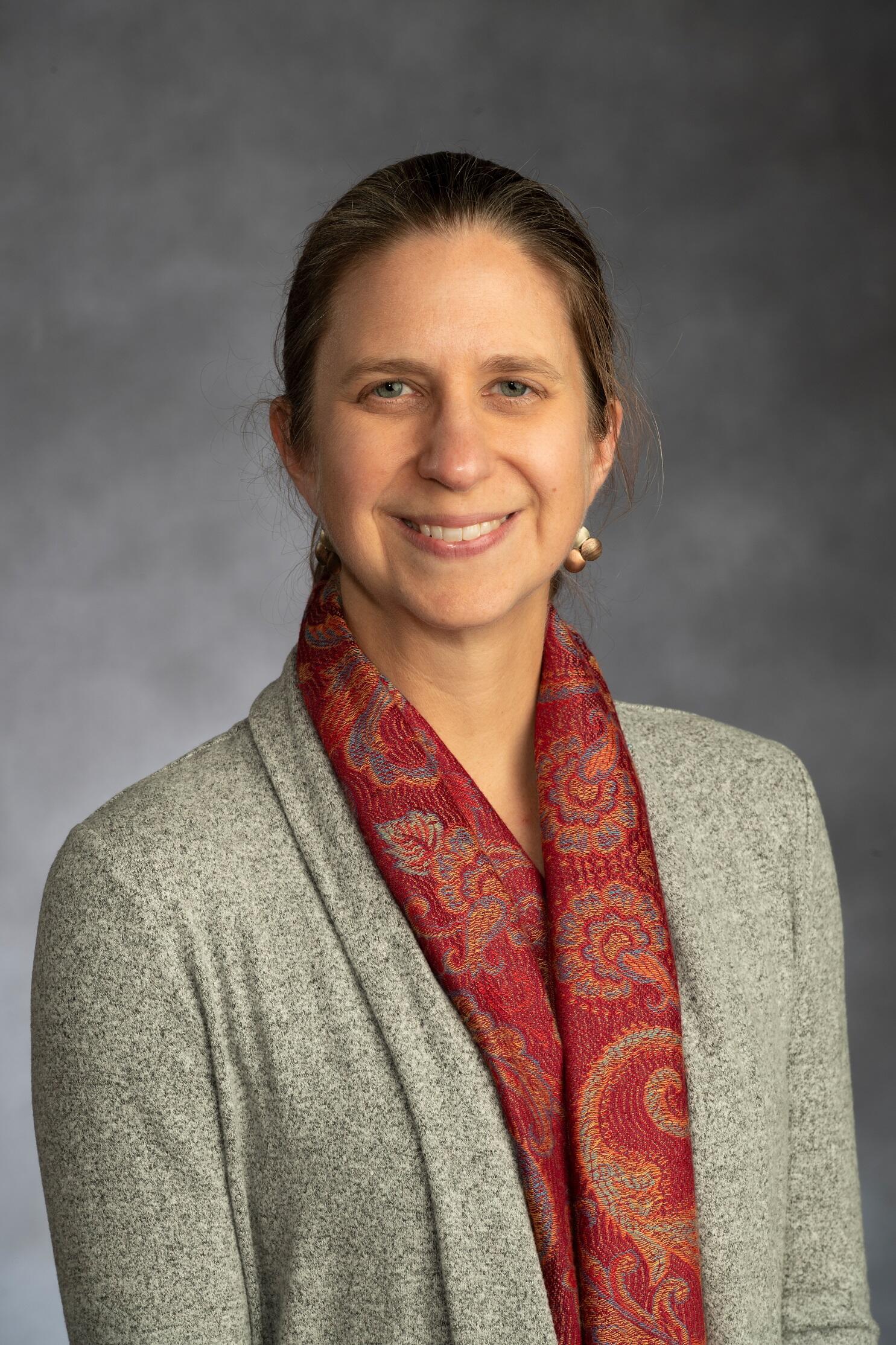
Aug. 12, 2024
VCU School of Nursing duo secures funding for revision of maternal mental health screening tool
Share this story
A researcher and the interim dean of Virginia Commonwealth University’s School of Nursing have received $50,000 to support their revision of a notable screening tool for maternal mental health: the Edinburgh Postnatal Depression Scale.
The EPDS, a questionnaire that was developed in Scotland in the 1980s, has been a cornerstone worldwide in assessing perinatal mental health, with translations into over 60 languages. But research by Sara Moyer, Ph.D., a clinical research coordinator and recent doctoral graduate at the School of Nursing, as well as feedback from expectant and new mothers highlighted the need for revisions to ensure that the tool more accurately resonates with American populations.
Moyer and her mentor, Patricia Kinser, Ph.D., professor and interim dean of the School of Nursing, are leading EPDS-US, an initiative to revise the tool for cultural and linguistic relevance. The effort aims to make the screening process more inclusive and less stigmatizing, ultimately encouraging a more open dialogue about mental health. It focuses on a more respectful and trauma-informed approach, adapting the tool’s language to reduce the feelings of shame and confusion reported by American users of the original EPDS.

Their work captured the attention of Sage Therapeutics, a biopharmaceutical company developing therapies for better brain health. It has awarded $50,000 to the EPDS-US team to conduct a nationwide evaluation of its updated tool. The team will gather input from a diverse group of participants across the U.S., as well as explore potential interest elsewhere in North America.
“The funding from Sage Therapeutics is critical for our next steps,” Moyer said. “It allows us to reach a broader audience and gather valuable feedback to ensure the EPDS-US meets the needs of all users.”
Moyer, whose career began in neonatal intensive care nursing, has long been attuned to the profound stressors faced by new parents. Her experiences in the field, combined with her personal journey as a mother, fueled her interest in advancing better tools to address perinatal mental health.
“Through my work as a nurse and researcher, I’ve seen firsthand how the original EPDS, despite its global impact, sometimes falls short in addressing the specific experiences of U.S. populations,” Moyer said. “Many patients have shared that the language used in the tool can be confusing, judgmental or misaligned with their realities. I believed that by updating the language, we could better support parents and improve conversations around mental health during and after pregnancy.”
Moyer, who continues to work in NICU care, centered her doctoral research on the challenges families face during early parenthood. Her conversations with pregnant and postpartum individuals revealed that existing mental health screening tools are too systematic and can contribute to missed diagnoses, inadequate follow-up and insufficient interactions with providers. Additionally, EPDS results may fail to clearly indicate the need for support, which can limit opportunities to assist those who are struggling but may not need extensive intervention.

Motivated by the insights and observations of her research subjects, Moyer set out to revise the language of the EPDS and test its efficacy. In addition to the updated language, the EPDS-US revision incorporates the “Additional Experiences Checklist,” an addendum that broadens the tool’s focus beyond postpartum depression to include a wider range of perinatal mental health experiences. The checklist is intended to facilitate more comprehensive and supportive clinical conversations about overall well-being and various stressors that new parents might encounter.
Moyer hopes that with a more respectful and inclusive screening process, stigma surrounding mental health will decline, with more new parents getting connected to resources as needed.
“Improving the EPDS-US is just one part of a larger effort to overhaul how we approach perinatal mental health,” Moyer said. “Our goal is to make a meaningful difference in how we support new mothers and parents, ensuring they feel respected and heard throughout their mental health journeys.”
Subscribe to VCU News
Subscribe to VCU News at newsletter.vcu.edu and receive a selection of stories, videos, photos, news clips and event listings in your inbox.










